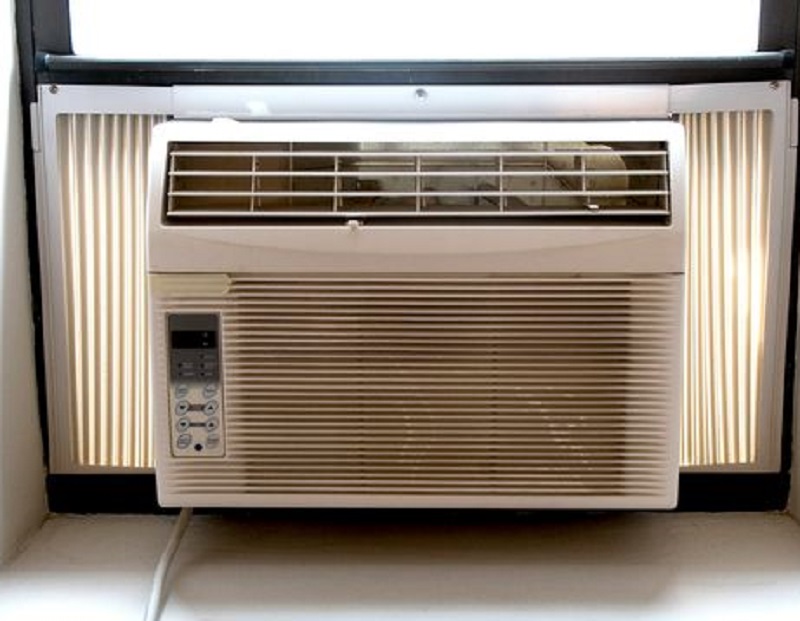Lower temperatures affect more than just humans, it affects our animals too. Too often, people tend to neglect their pets during the winter, not realizing that cats and dogs also need their fair share of protection against the colder weather. Here, we go over some pivotal rules to follow when caring for your pets during the winter months.
Beware of Toxins
Winter products like rock salt and antifreeze can cause serious health defects to dogs and cats. Rock salt, which commonly becomes lodged in animal’s paws after outside walks, absorbs the pet’s body heat and can get as hot as 175° F, which causes the animal’s paws to burn. Ingestion of the salt is even worse, since both dogs and cats regularly lick the substance off their paws. This can cause seizures, burning to the tongue and digestive tract, dehydration, organ failure, and in extreme cases, death. Antifreeze has similar symptoms, also including unsteady or shaky movements, vomiting, excess urination, diarrhea, fainting, delirium, and heart palpitations.
The best way to make sure your pet is safe from rock salt is to wipe down your pet’s paws thoroughly when they enter in from the outside. If you take your pets for walks and they seem bothered by walking outside, try using pet booties (also called paw protectors) on your pet. Antifreeze bottles should always be stored in tightly closed containers and away from animal reach. Any spills or leaks should be cleaned and fixed immediately. And owners should not let animals roam places where antifreeze is commonly used (such as gutters, garages, roads, etc.). When using antifreeze, look for ones with propylene glycol instead of ethylene glycol. Ethylene glycol is toxic to pets while propylene glycol is both safer and FDA approved.
Provide a Warm Place to Sleep
Even when indoors, pets still need a warm place where they can sleep and relax. They should not be forced to sleep on cold floors. Instead, pets should have raised beds. Warm blankets can turn a normal pet bed into a warmer and more comfortable environment. Special insulated pet beds can be purchased, including heated beds, which are great for older dogs since the heat helps their joints. Beds should be placed somewhere warm and familiar to the animal, and kept away from drafts or cold spots.
Be careful not to place your pet’s bed too close to space heaters, radiators, or fireplaces. Animals love snuggling up to warm places, but certain heaters can cause burns. Be sure to keep your pets away from any hazardous heaters.
Take Caution to the Outdoors
During the winter, indoor pets should remain indoors. While walks and the occasional park visits are alright, animals should not be left outside. When animals, especially dogs, are left outside during the cold, this can be considered abuse, especially if they’re left out all night or day. If they’re shivering, begging, or whimpering, it’s time to take them inside.
When your pet is outside, they should always be warm. While some dogs have heavier and more insulated furs, dogs with lighter coats of fur should wear a coat or sweater when outside in the cold. These coverups should cover the dog’s stomach. When it comes to cats, most have a thick undercoat of fur and don’t require additional covering. But, hairless cats do require some extra help, especially if they live in cold areas. To figure out when it is appropriate to put on your pet’s sweater or coat, go by how you feel. If it’s cold enough for you to put on extra clothes, then it’s most likely cold for them too.
Feral or stray cats are a different story. If you take care of outside cats and are worried about them during the winter, creating insulated structures for them to sleep in is a great way to ensure they’re safe from the cold. If you put out food and water, do not place the water inside of the structure, since it could spill and make the inside even colder. Instead, place the water outside of it and replace frequently to ensure it doesn’t freeze.



















